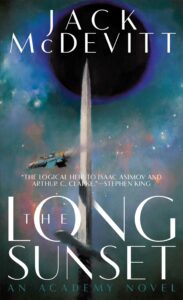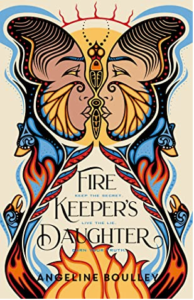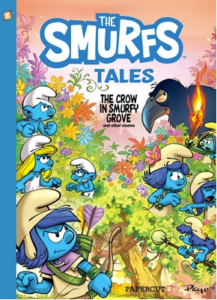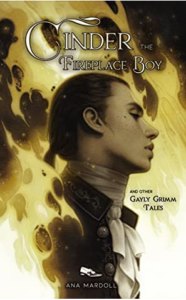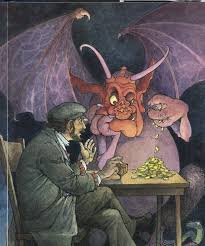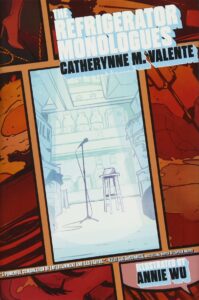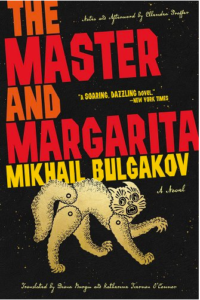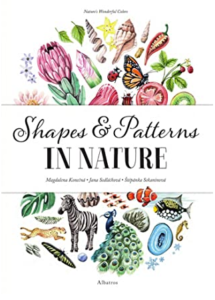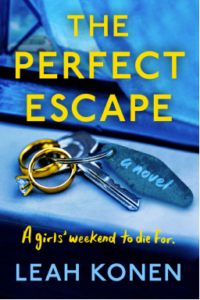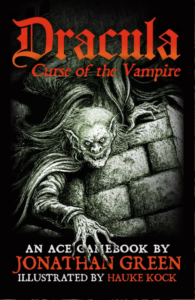The Long Sunset is the eighth book in Jack McDevitt’s series named after the Academy of Science and Technology, whose central character is Priscilla Hutchins, a pilot of interstellar craft generally known by her nickname “Hutch.” Six years ago, when I read Cauldron, I wrote:
The universe that McDevitt has shown through Hutch’s … eyes is a grand one: enough faster-than-light travel to make the space opera work, but enough of the limitations of lightspeed, the immensity of the galaxy, and the implacability of deep time to show that even an earth-based civilization capable of sending ships regularly through interstellar distances is a mere speck in space and time. One of the recurring motifs of the series is that intelligent life and civilizations, even those that reach the stars, don’t last long on a galactic scale. Xenoarchaeologists appear in several books, and some of the most affecting scenes involve civilizations that have been and gone by the time that humans show up. Not all of the civilizations that the archaeologists explore died natural deaths, however; over the course of the series, evidence mounts of something (or rather, somethings) moving through our part of the galaxy at a significant fraction of c, and laying waste to any place with sufficiently high technology.
McDevitt is also particularly good at capturing the grandeur of the universe. Previous books in the series have drawn their tension and conflict from the combination of characters and setting, with the unexpected on alien worlds tripping up Hutch and her companions. I read the first five between early 2008 and mid-2010. I remember enjoying them thoroughly even as I admired the tightness of their construction and McDevitt’s inventiveness with settings that felt both real and alien. Following Hutch’s progress from just another skilled pilot to someone who was also good with guiding people was a deeper pleasure of the series. Cauldron answered some long-running questions but also sketched the end of an era, as the Academy was slipping from its place in people’s priorities.
Between the events in Cauldron and the beginning of The Long Sunset, humanity has continued to lose interest in interstellar exploration. Humanity has not found a peer species, just traces of a few who made it to the stars and then succumbed, in some way, to the ravages of uncounted aeons.

